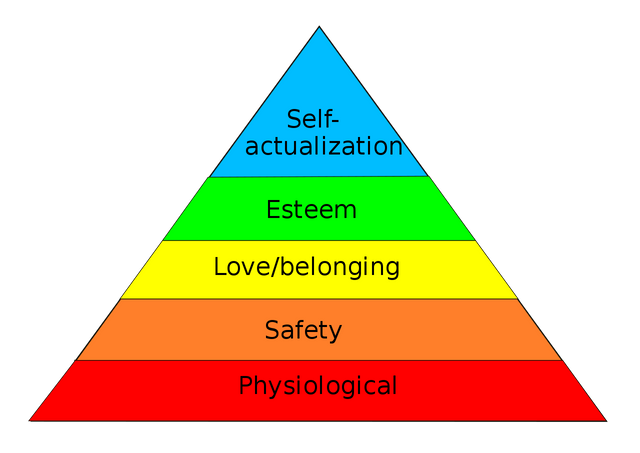Psychology of Interpersonal Relationships: Belongingness and Affiliation
Belongingness and Affililation

Second only to needs of satiety, humans have a deep need for belongingness as the social creatures that they are. Even evolutionary ancestors, studied today, are highly social creatures that create tribes and war with one another. And yet, in a more civilized and human world, understanding interpersonal psychology can be advantageous. Indeed, this skill may be of paramount importance as the world increasingly globalizes and blockchain technologies become fundamental to social media, even as Steemit has. Several points of information can generate knowledge and opportunities for discourse that allow the extrapolation of research findings to a broader, blockchain context. The scope of this article will be to investigate the *belongingness hypothesis*.
Affiliation describes a person need to fall into a group, and for that reason, I shall refer to belongingness and affiliation interchangeably.
The belongingness hypothesis proposed that it is more than human nature to create and maintain interpersonal relationships. It is a fundamental drive. Humans are incredibly social creatures that have evolved more than a need to congregate, but a need to associate and affiliate (covered in a subsequent chapter) This need to belong in a social group is pervasive and can be a primary driving force for individuals, depending on scale of loneliness.


Lastly, and one of the most-oft quoted psychologists to consider the need for belongingness, Maslow placed love and belonging just levels above the most basic needs, physiological and safety. Even to Maslow is it was apparent that we were social creatures. He saw the climb to self-actualization as necessitating leave and belongingness. More than a basic requirement, it was necessary to improve and ascend to the highest level of consciousness and satisfaction one could get.
One might wonder how living in a technological age is affecting belongingness and affiliation. It would be difficult to postulate a theory that says relationships on the internet are better or worse for a variety of reasons. Though there are plenty of cons to using social media to find belongingness and affiliation, the pros seem dependent on variables such as personality and use of technology. To conclude, a platform such as steemit that eliminates many of the variables that come with typical social media platforms can be a wonderful place to find belonging and affiliation.